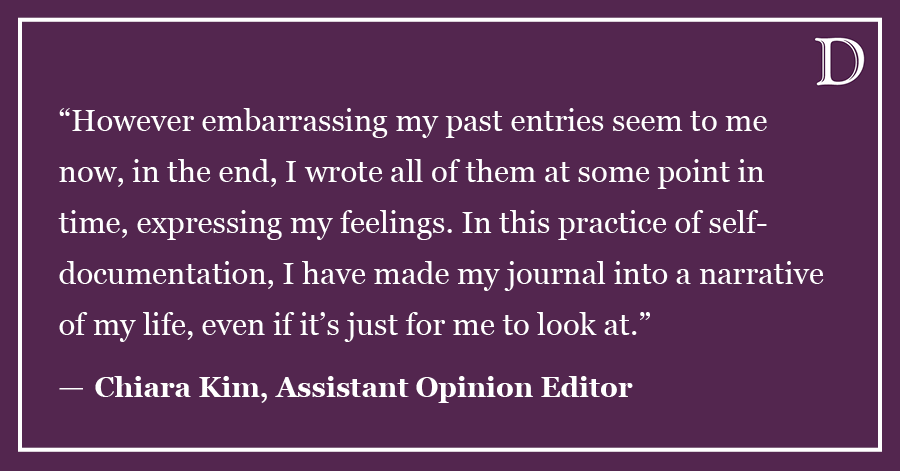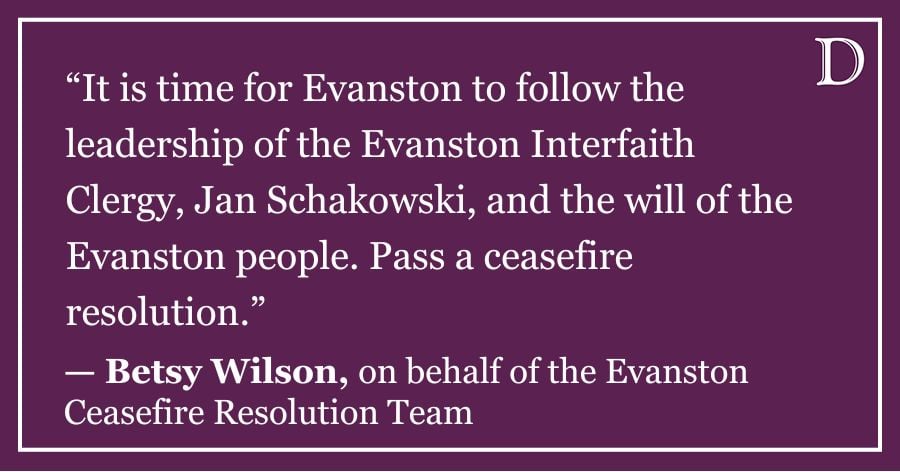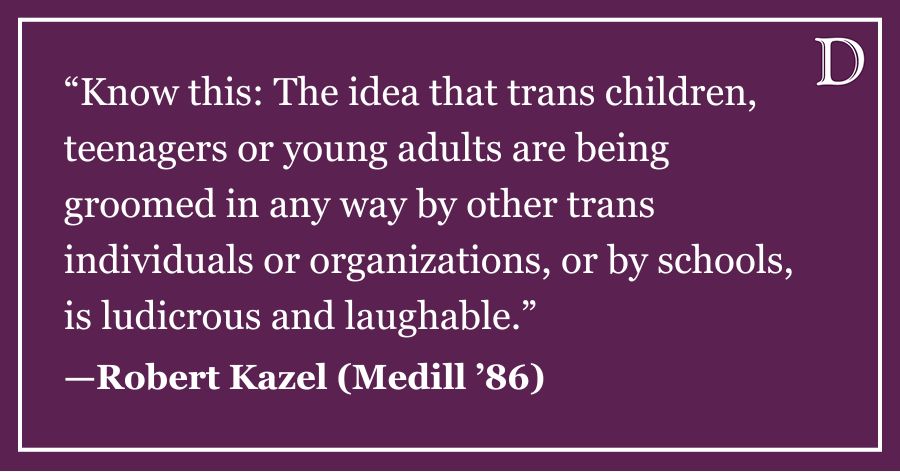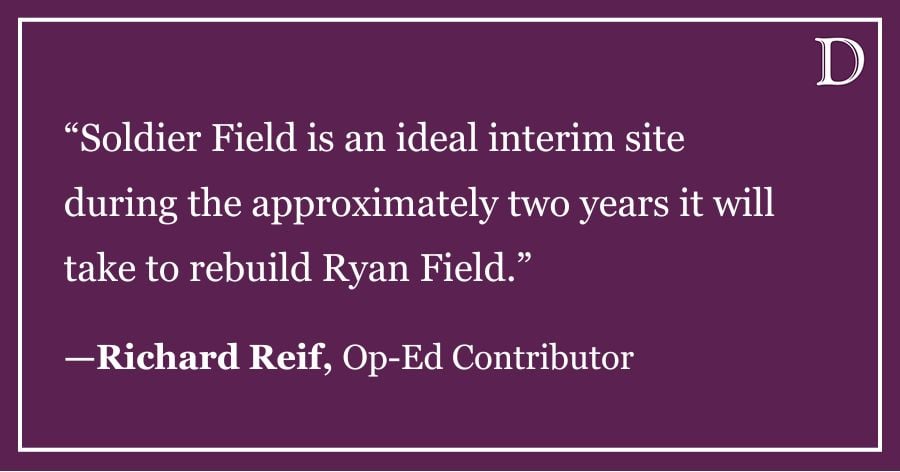By nature, humans are noisy creatures. We start making noise 20 seconds to a minute from the moment we are born; in fact, that’s the sign of a healthy baby. Some of us stay loud, and some of us grow to be quiet. The volume and intonation of our voice reflect our personalities, and our voices are arguably the primary way we express ourselves.
But we need to recognize when to be silent.
Silence is part of the natural flow of conversation. One person says something, another responds and people pause to consider what has been said, if it is thought-provoking or if they need to gather their thoughts before responding.
Silence is also exponentially better than speaking solely for the sake of speaking.
This especially applies to us busybodies at Northwestern. We have about twenty commitments a day, so we all know what meetings are like. I have attended countless myself, and I’ve come to notice something. People interject into debates among other people about topics completely irrelevant to them, all because they want to seem more involved in a conversation.
Seriously, if you don’t have something important to say, don’t say anything at all. Every time someone speaks, it adds time to a meeting. If we’re meeting for a long time as is, there’s no need to continue to blabber on about something that you don’t actually know anything about. It slows the group down.
That brings me back to the value of silence.
Being silent doesn’t mean you are not being included in a group. If you don’t have anything specific to add, it does not make sense for you to try to participate in a conversation. This doesn’t make you any less likely to be part of that group or less able to have conversations with them in the future. It’s one conversation, for Pete’s sake.
I’m not saying that you shouldn’t speak up in certain instances.
In class, when a professor asks a question that no one wants to answer, if you know the answer, by all means, speak up. If there’s a prolonged, tense silence after the question, definitely break it. Given, this type of silence falls into the category of a thoughtful silence while everyone is processing the material and the professor’s inquiries. But a classroom silence is different from the silences we enjoy with our friends.
With friends, we often do not notice we are silent for a few minutes before speaking again. These are comfortable silences. We recognize that even though no words are being said, it doesn’t make our friendship any less substantial nor does it detract from each person’s value in the conversation.
Remember those friendly silences the next time you’re in a meeting. It can be a little daunting when there are many people talking and you worry that you are being overlooked. But it is better to allow a second or two of silence before emerging with a well-developed thought as opposed to busting out with the first thought that pops into your head, just for the sake of saying something
Don’t say things just to hear your own voice. If you don’t have something important to say during a meeting, there’s nothing wrong with saying nothing at all. As Abraham Lincoln once said, “Better to remain silent and be thought a fool than to speak and remove all doubt.”
Meera Patel is a McCormick junior. She can be reached at [email protected]. If you want to respond publicly to this column, send a Letter to the Editor to [email protected].














